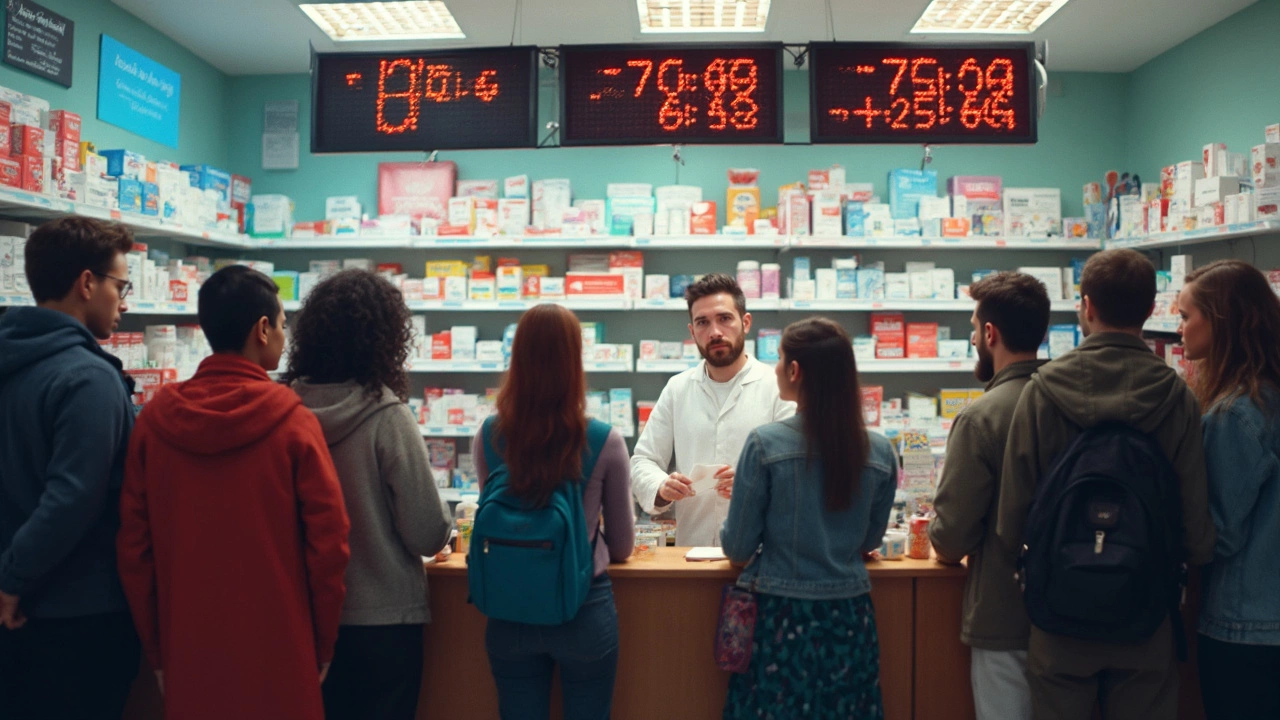Pharmacy Prices – What You Need to Know
Ever stood at the pharmacy counter and wondered why the same drug costs different amounts? You’re not alone. Whether you’re picking up a repeat prescription or buying something over the counter, the price tag can feel random. In this guide we break down the main reasons behind pharmacy prices and give you practical ways to keep your medication bills down.
Why Pharmacy Prices Vary
First off, not every pharmacy follows the same pricing rules. NHS prescriptions in England are subject to a flat item charge, but that charge only applies if you’re using the public system. Private prescriptions, travel clinics, or online pharmacies set their own fees, often adding a markup for service and convenience.
Second, the drug’s brand status matters. A branded medicine can be 2‑3 times more expensive than its generic equivalent because the brand company recoups research costs. Once a generic version hits the market, most pharmacies will offer the cheaper option, but some still stock the brand for patients who prefer it.
Third, location plays a role. Pharmacies in city centres or affluent areas tend to charge more for over‑the‑counter items. They have higher rent and staffing costs, which get passed on to you. In contrast, a pharmacy in a smaller town may have lower shelf prices.
Practical Ways to Lower Your Medication Bills
Ask for a generic. If your doctor prescribes a brand name, request the generic version. In most cases the active ingredient is identical, and the price drop can be huge.
Check the NHS Prescription Checker. The NHS website lists the current prescription charge (currently £9.35 per item) and whether you qualify for free prescriptions – for example, if you’re over 60, under 16, pregnant, or on certain benefits.
Shop around online. Many licensed online pharmacies offer the same medicines at a lower price, especially for repeat prescriptions. Just make sure the site is registered with the General Pharmaceutical Council (GPhC).
Use pharmacy discount cards. Some supermarkets and pharmacy chains provide loyalty cards that shave off a few pounds per item. It’s a small saving that adds up over time.
Consider a medication review. Talk to your pharmacist about the possibility of combining doses or switching to a longer‑acting formula. Fewer prescriptions mean fewer charges.
Finally, keep an eye on seasonal sales. Some pharmacies run promotions on over‑the‑counter products like vitamins, painkillers, and first aid supplies. Stock up when the price is right.
Understanding why pharmacy prices differ puts you in control. By asking the right questions, checking NHS rules, and comparing options, you can make sure you’re not overpaying for the meds you need.

